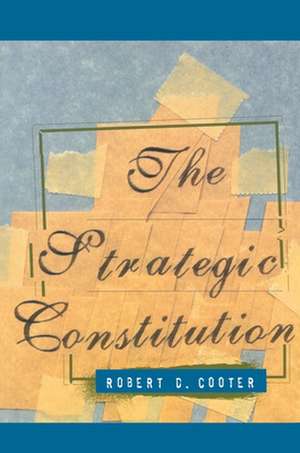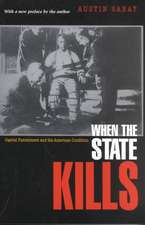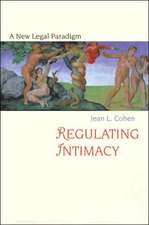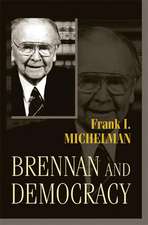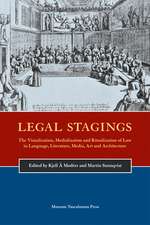The Strategic Constitution
Autor Robert D. Cooteren Limba Engleză Paperback – 16 apr 2002
By uncovering the constitutional incentives that influence citizens, politicians, administrators, and judges, Cooter exposes fault lines in alternative forms of democracy: unitary versus federal states, deep administration versus many elections, parliamentary versus presidential systems, unicameral versus bicameral legislatures, common versus civil law, and liberty versus equality rights. Cooter applies an efficiency test to these alternatives, asking how far they satisfy the preferences of citizens for laws and public goods. To answer Cooter contrasts two types of democracy, which he defines as competitive government. The center of the political spectrum defeats the extremes in "median democracy," whereas representatives of all the citizens bargain over laws and public goods in "bargain democracy." Bargaining can realize all the gains from political trades, or bargaining can collapse into an unstable contest of redistribution. States plagued by instability and contests over redistribution should move towards median democracy by increasing transaction costs and reducing the power of the extremes. Specifically, promoting median versus bargain democracy involves promoting winner-take-all elections versus proportional representation, two parties versus multiple parties, referenda versus representative democracy, and special governments versus comprehensive governments. This innovative theory will have ramifications felt across national and disciplinary borders, and will be debated by a large audience, including the growing pool of economists interested in how law and politics shape economic policy, political scientists using game theory or specializing in constitutional law, and academic lawyers. The approach will also garner attention from students of political science, law, and economics, as well as policy makers working in and with new democracies where constitutions are being written and refined.
Preț: 428.73 lei
Preț vechi: 529.29 lei
-19% Nou
Puncte Express: 643
Preț estimativ în valută:
82.05€ • 85.34$ • 67.74£
82.05€ • 85.34$ • 67.74£
Carte tipărită la comandă
Livrare economică 15-29 aprilie
Preluare comenzi: 021 569.72.76
Specificații
ISBN-13: 9780691096209
ISBN-10: 0691096201
Pagini: 440
Ilustrații: 21 tables, 63 line illus.
Dimensiuni: 161 x 235 x 24 mm
Greutate: 0.62 kg
Ediția:Revised
Editura: Princeton University Press
Locul publicării:Princeton, United States
ISBN-10: 0691096201
Pagini: 440
Ilustrații: 21 tables, 63 line illus.
Dimensiuni: 161 x 235 x 24 mm
Greutate: 0.62 kg
Ediția:Revised
Editura: Princeton University Press
Locul publicării:Princeton, United States
Notă biografică
Descriere
By uncovering the constitutional incentives that influence citizens, administrators, and judges, this book exposes fault lines in alternative forms of democracy: unitary versus federal states, parliamentary versus presidential systems, unicameral versus bicameral legislatures, common versus civil law, and liberty versus equality rights.
